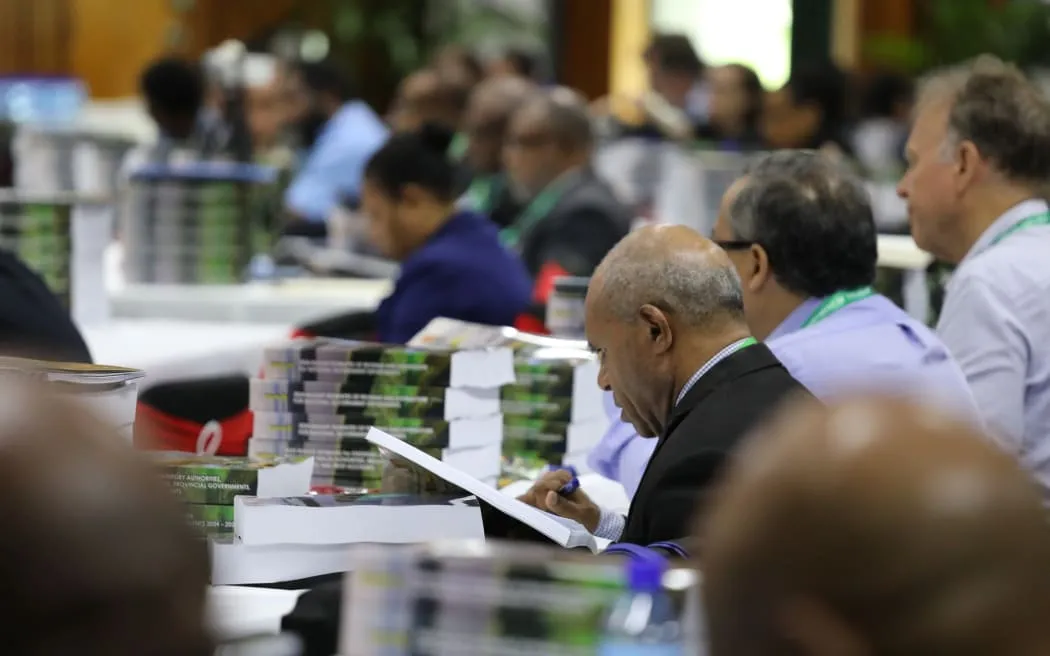The Papua New Guinea Government Introduces Exemptions on Consumption Tax
The Papua New Guinea government has introduced exemptions on consumption tax on a number of basic items in its latest budget, aiming to reduce costs for families.
In his Budget speech, Treasurer Ian Ling-Stuckey announced the K28 billion Budget themed ‘Securing PNG in 2025 and Beyond’. The move is expected to have a significant impact on low-income households, who will no longer carry the burden of goods and services tax (GST) charges on essential items such as rice, tea, coffee, tinned fish, tinned meat, flour, chicken, and noodles. Diapers and sanitary pads are also among the items that will be exempt from GST.
Key Changes in the Budget
The budget has introduced several key changes aimed at reducing the burden on low-income families. These include:
* Exemptions on consumption tax for basic items such as food, diapers, and sanitary pads
* An increase in income taxes for high-income earners, with those earning above 70,000 kina (around NZ$29,000) now paying 40 percent tax on earnings above that amount
Analysis from Economists
University of PNG economist Andrew Anton-Mako had previously called for such a move, stating that PNG could learn a lot from Fiji in how to reduce the burden on low-income families. This change is expected to make life better for our people over the next 50 years.
“This Budget marks a turning point. A real focus on building the security necessary, for creating the future our children deserve,” said Treasurer Ian Ling-Stuckey in his Budget speech.
A Turning Point for PNG
The introduction of these exemptions and other measures in the budget is seen as a significant step forward for PNG. The government’s aim is to create a more secure future for its people, and this move is expected to be an important part of achieving that goal.
In conclusion, the Papua New Guinea government’s decision to introduce exemptions on consumption tax on basic items is a significant change aimed at reducing costs for families. While there are also increases in income taxes for high-income earners, the overall effect is expected to have a positive impact on low-income households and create a more secure future for PNG’s people.

0 Comments